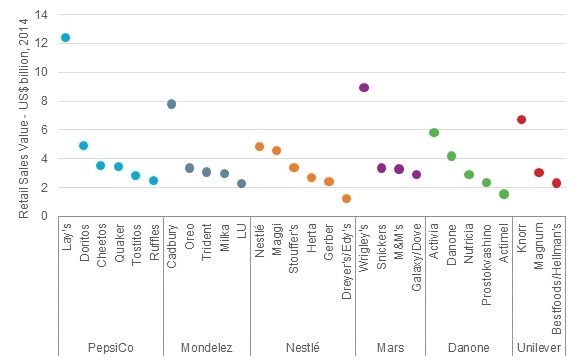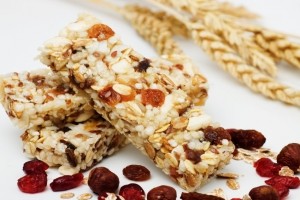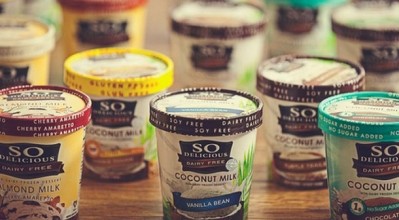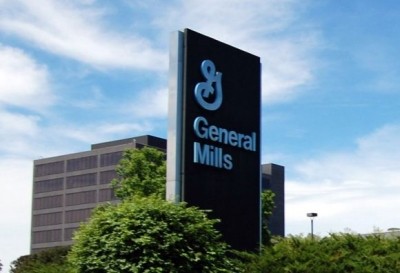Organic/natural acquisitions allow the food industry to align CSR messages with product portfolio: Euromonitor
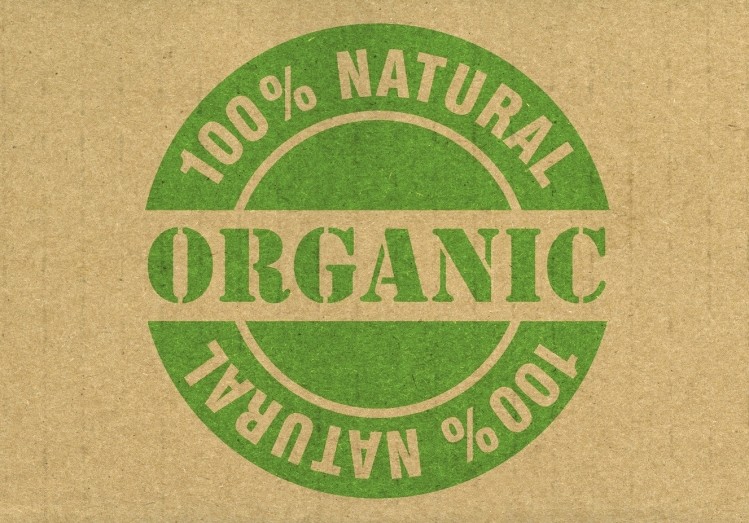
“Many of the acquisitions that took place this year were also geared towards arming food companies with greater natural and organic credentials,” wrote Lamine Lahouasniam, Euromonitor’s Head of Packaged Food Research in a blog post.
“The drive to absorb these smaller organic organizations is caused not so much because of the growth of the organic category, which is only really significant and growing in North America and some parts of Western Europe, but more because of the requirement for companies engaged in the food industry to align their CSR communications with their product portfolio,” he added.
The sector in the US is going from strength to strength, with the latest data from the Organic Trade Association showing that US retail sales of organic products rose 11.5% to $35.1bn in 2013.
Strategic acquisitions to align portfolios with CSR messages and tapping a booming sector appear to be win-win for larger food companies.
Rudi’s: Hain Celestial’s next $100m brand?
Irwin Simon, CEO of Hain Celestial, is bullish about the prospects for Rudi’s, telling analysts that Rudi's Organic Bakery will be the company’s next $100m brand.
“Rudi's is growing strongly in both the organic and gluten-free segments. They have a tremendous innovation queue in place. And we believe the brand's extendable beyond bread and baked goods.
“We're also excited by the opportunities to grow Rudi's Organic Bakery across channels, as well as increase its profitability via productivity and SG&A [selling, general & administrative] synergies.”
Similar strong statements have been made by Ken Powell, CEO of General Mills, which has acquired brands such as Annie’s, Cascadian Farm, LARABAR and Food Should Taste Good in recent years.
The importance of reshaping its portfolio via the acquisition of fast-growing natural and organic brands was underlined in the company’s Q1 results, which revealed that combined retail sales of Lärabar nutrition bars, Food Should Taste Good savory snacks, and Cascadian Farm granola bars rose 17%, while much of the rest of General Mills’ portfolio notched up pretty uninspiring sales.
“We’ve learned a tremendous amount from the natural and organic companies that we’ve acquired over the years,” said Powell. “We've been very good, I think, about leaving them alone. Let them do that thing.”
Disposing of peripheral food units
While the food industry has been focused on boosting its organic and natural credentials, another trend has been to dispose of peripheral food units, said Euromonitor’s Lahouasniam. Most notable in this trend has been Unilever, which has offloaded Royal Pasta, Slim-Fast, Bifi/Peperami, Ragu and Bertolli. These disposals raise a question mark over the company’s longer term ambition to remain in food, he said.
Despite this, Unilever still boasts three brands with multibillion dollar retail sales value: Knorr, Magnum, and Hellman’s.
